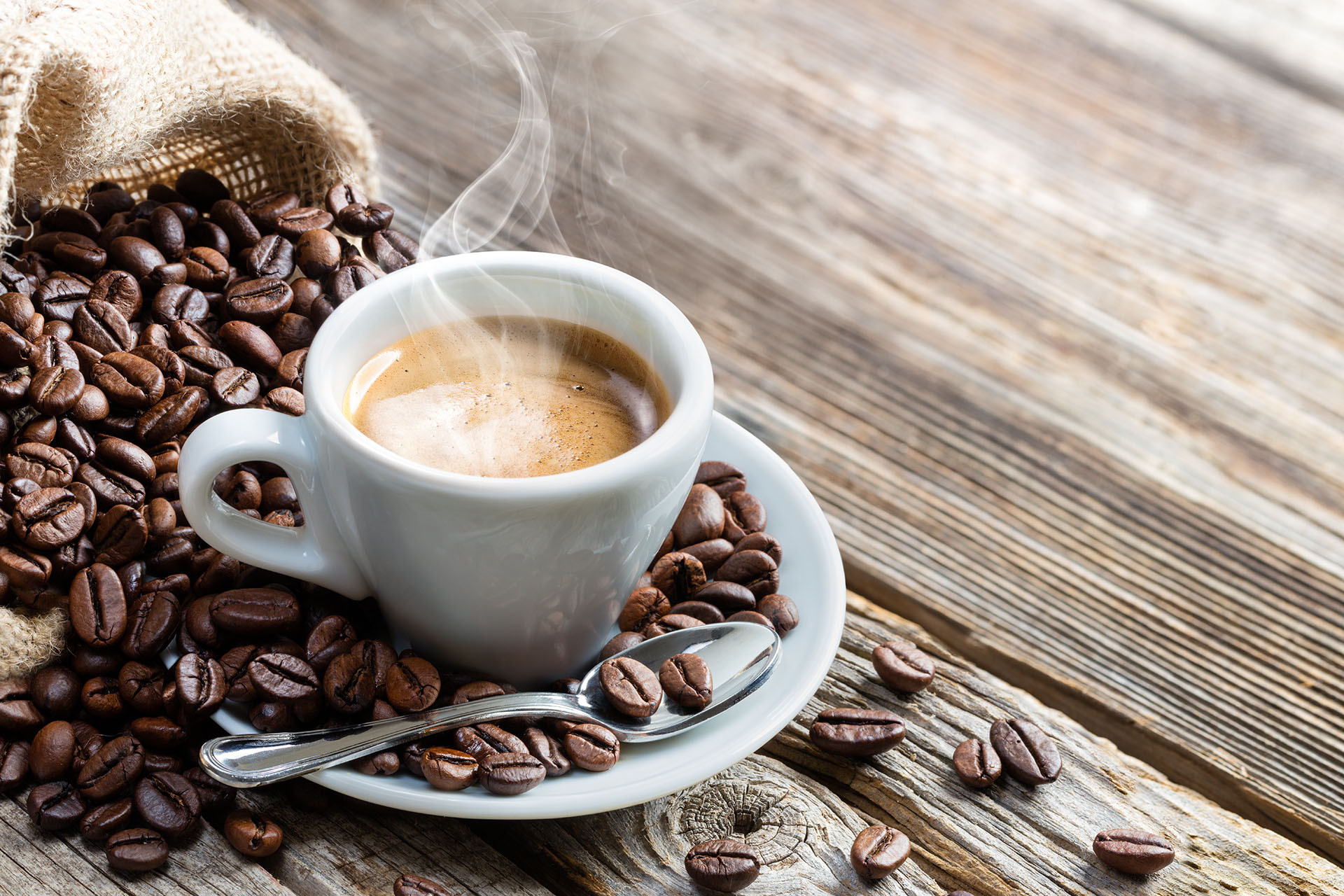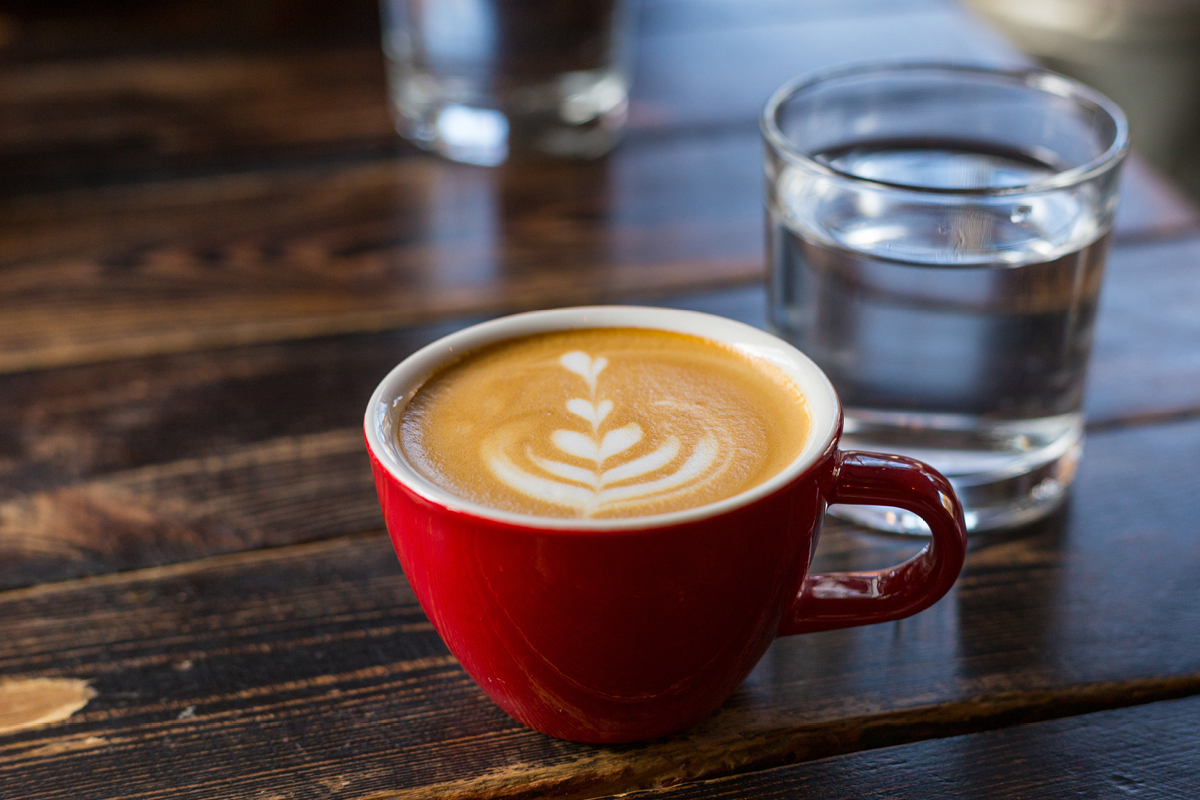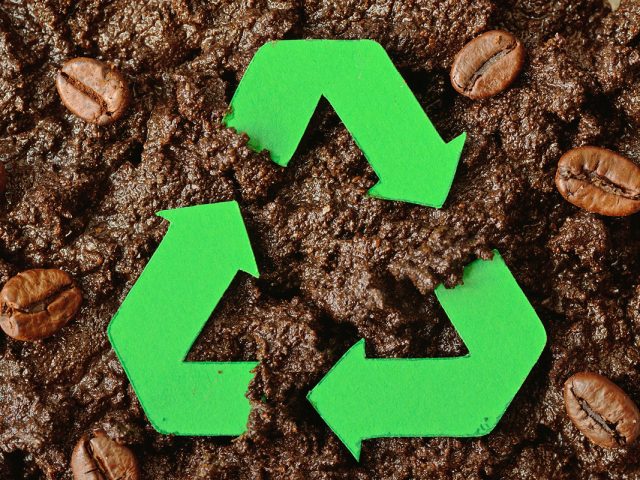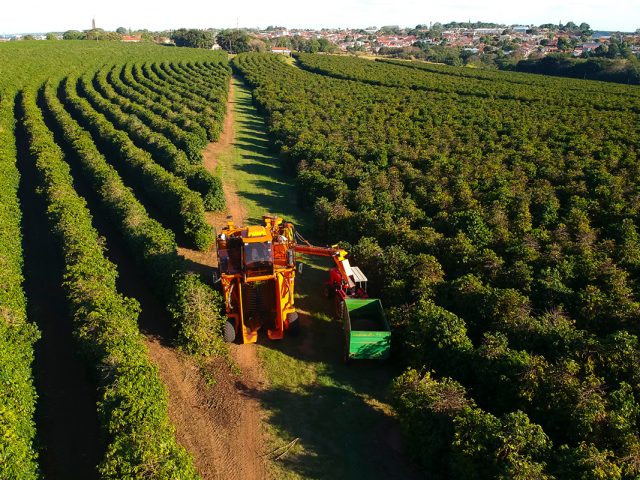Cutting down on coffee waste

By Caroline Rudge of MEPC
These days, the smell of freshly ground coffee often wafts through the streets and offices of where we work.
The opportunity to fuel up on a hot beverage is ubiquitous – an accepted and even expected luxury within our working, and non-working days as well.
Venues exist on seemingly every street corner in our city centre, while the options for fuelling up on real coffee beans – from petrol forecourts to supermarkets – continues to increase all around us.
Yorks
We have our own environmentally-friendly coffee shop, bakery and eatery opening early in 2024 at Two Chamberlain Square, fronting Centenary Way.
Yorks will be a quality – as well as sustainable – addition to our growing roster of leisure operators, and another independent company.
But the bottom line is, our obsession with real coffee has consequences, beyond the convenience and the enjoyment.
Firstly, there are the environmental, social and ecological impacts of growing the coffee beans and then processing and transporting them.
Efforts are in place from retailers to fix that – ensuring growers and workers get a fair deal.

Coffee grounds
But there are other issues too – traditionally, coffee is accompanied by a by-product – coffee grounds.
The remains of the coffee beans once ground up by the barista machine are difficult to recycle.
But it is possible, and Paradise is one of the first commercial developments in Birmingham to start recycling coffee grounds from occupier’s offices in a move that will help reduce greenhouse gases while creating biofuels and essential oils in their place.
Just one cup of coffee can produce up to one kilogram of carbon emissions. But, recent reports suggest that up to 80% of a bean’s carbon footprint could potentially be eliminated by employing more sustainable growing, transport and processing methods.
Global difference
Coffee fans can also seek out Fairtrade coffee brands that encourage farmers to use production methods that support plant diversity, waste and water management, and minimise the use of chemicals.
These may seem like small steps, but taken together they are further examples of people working together to make a global difference.
At Paradise, recycling the grounds is just one of a number of ecology and sustainability driven initiatives the development team has taken to reduce the carbon impact of the development and promote biodiversity.
The good news is coffee grounds can be recycled, drastically reducing their harmful impact and improving sustainability and we’ve successfully recycled 420kg of coffee grinds since the initiative started.

Circular economy
All of these grounds are now sent to be dried and processed at a recycling facility in the East Midlands and used to generate energy as a biofuel, helping all of us to cut greenhouse emissions.
This activity leads to a more sustainable, circular economy approach to energy conservation and recycling, and allows everyone who works at Paradise to contribute.
As we strive for a carbon neutral future, even small changes can have a big impact on our environment.
The estate also sends nothing to landfill, for example, saving 649 tonnes of waste going to landfill in 2022-23 alone.
We also recycle all of the waste water from our cleaning regime, as well as the waste water from Chamberlain Square and the rest of our public realm.

1.5 billion cups a day
Coffee is the most popular drink in the world after water, with more than 1.5 billion cups consumed every day, totalling 550 billion cups a year.
In the UK, we consume 100 million cups daily, with around 1.5 million of those drank daily in Birmingham, or more than 500 million in the city every year.
Many of these cups – as much as 40% on weekdays – are bought as take-aways from cafes, coffee shops, supermarkets, pubs and restaurants.
These startling figures have helped spur us to look at even more ways of collecting and sustainably recycling the coffee beans used in the process, as well as the cups and other packaging.
At home, coffee grounds usually end up in general waste and get sent to landfill where they emit methane – a greenhouse gas 25 times more potent than carbon dioxide, and one of the primary causes of global warming.
This definitely leaves a bitter taste in the mouth. Clearly, reducing the amount of coffee grinds should be an environmental imperative for us all and something we’re proud to be promoting here at Paradise.
If you would like to find out more about how your workplace can get involved with this initiative, please contact: [email protected]